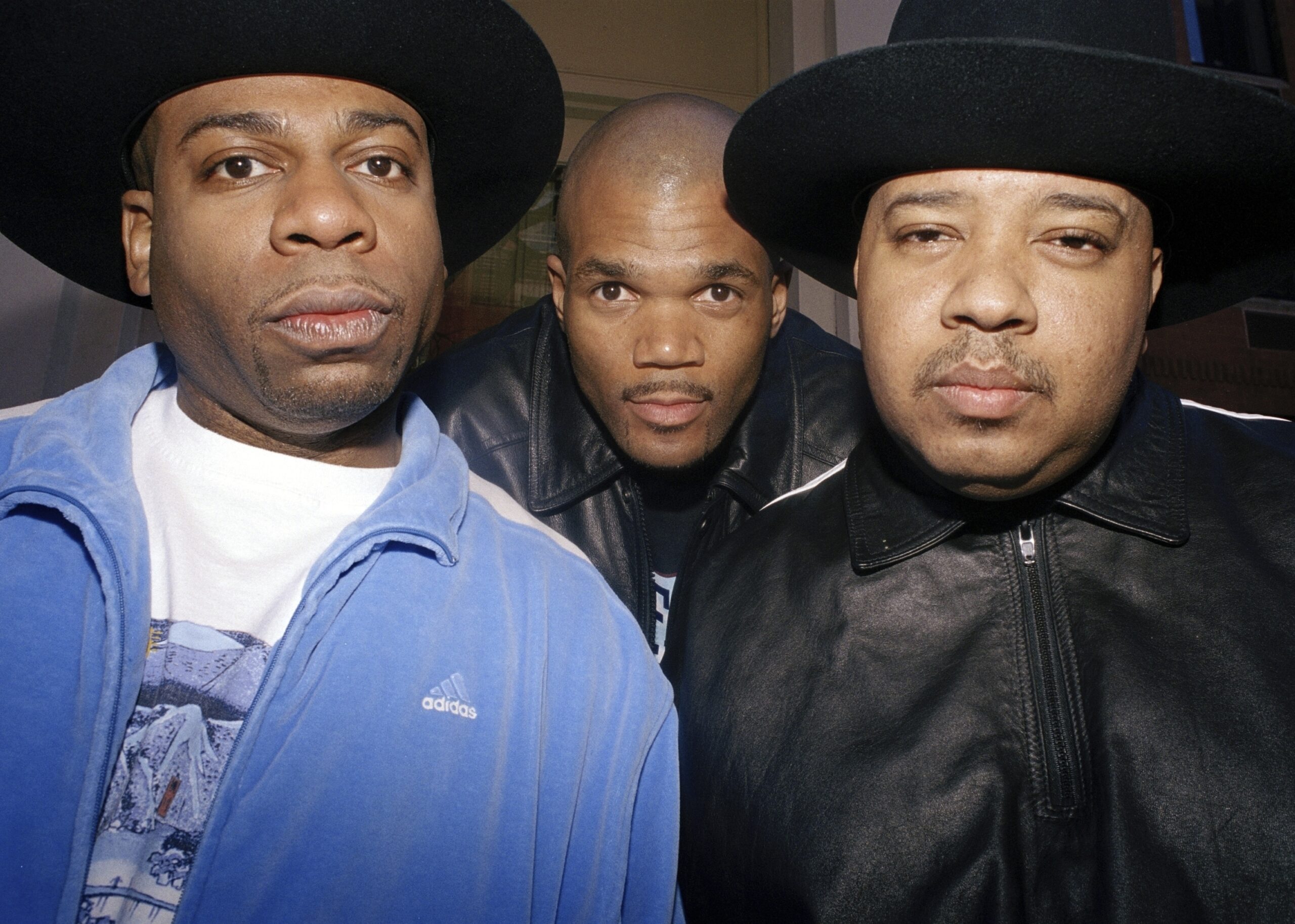Two decades later, there’s justice for Jam Master Jay in Brooklyn’s Federal Court

Karl Jordan Jr. and Ronald Washington, found guilty in Brooklyn’s Federal Court for the murder of hip-hop legend Jason 'Jam Master Jay' Mizell, closing a two-decades-long case. In this 2001 photo, Jam Master Jay, left, is seen with DMC (Darryl McDaniels) and DJ Run (Joseph Simmons).
Photo: Jim Cooper/AP
Photo: Jim Cooper/AP
After 22 years, there is finally justice for one of the pioneers of hip hop as two men were found guilty by a jury in Brooklyn federal court of murdering Jam Master Jay.
The two men, Karl Jordan Jr. and Ronald Washington, were convicted for the murder of Jason “Jam Master Jay” Mizell, the iconic DJ from Run-DMC on Tuesday.
Mizell, a pivotal figure in bringing hip-hop to the mainstream with hits like “It’s Tricky” and a notable rendition of Aerosmith’s “Walk This Way,” was fatally shot in his Queens studio on Oct. 30, 2002. His murder, akin to the unresolved killings of Tupac Shakur and the Notorious B.I.G., remained a cold case for years, mired in rumors and elusive witnesses.
